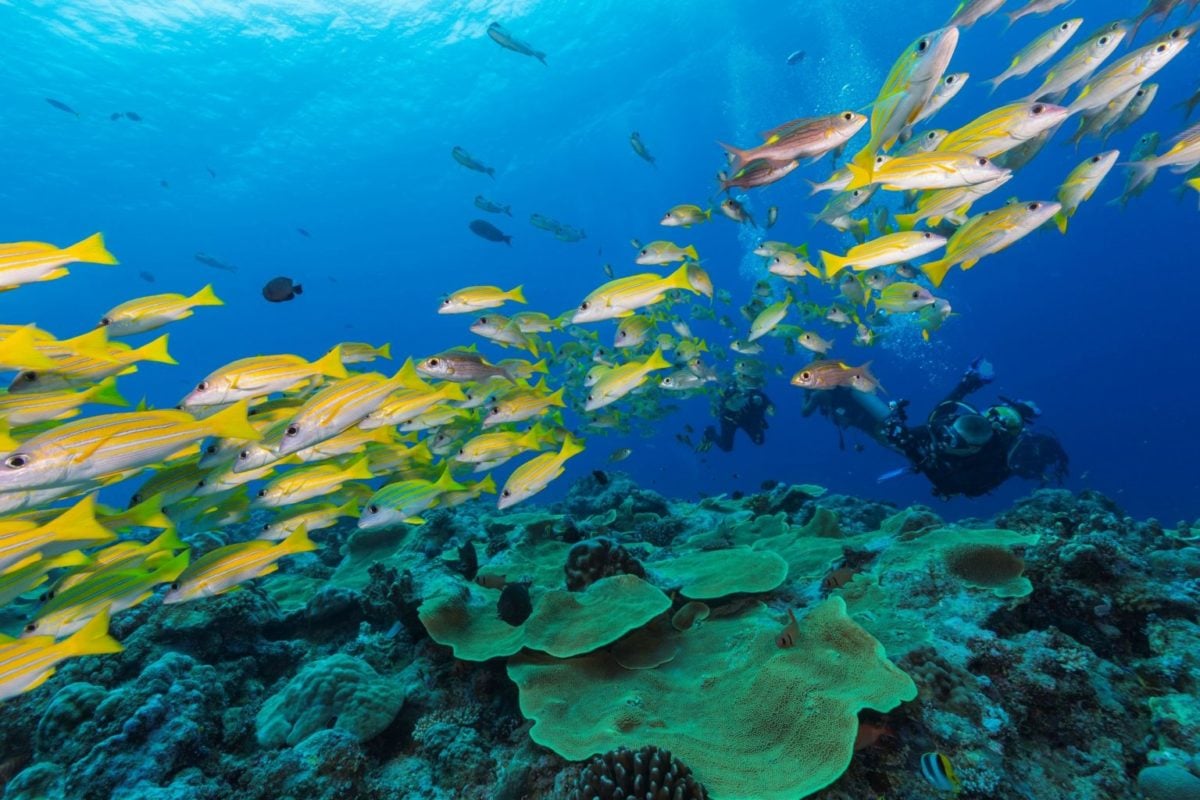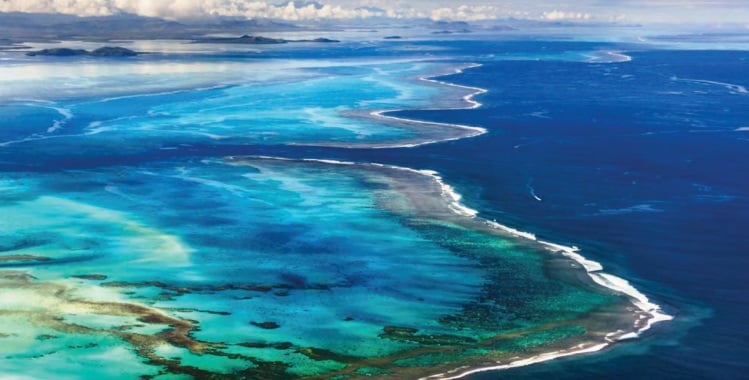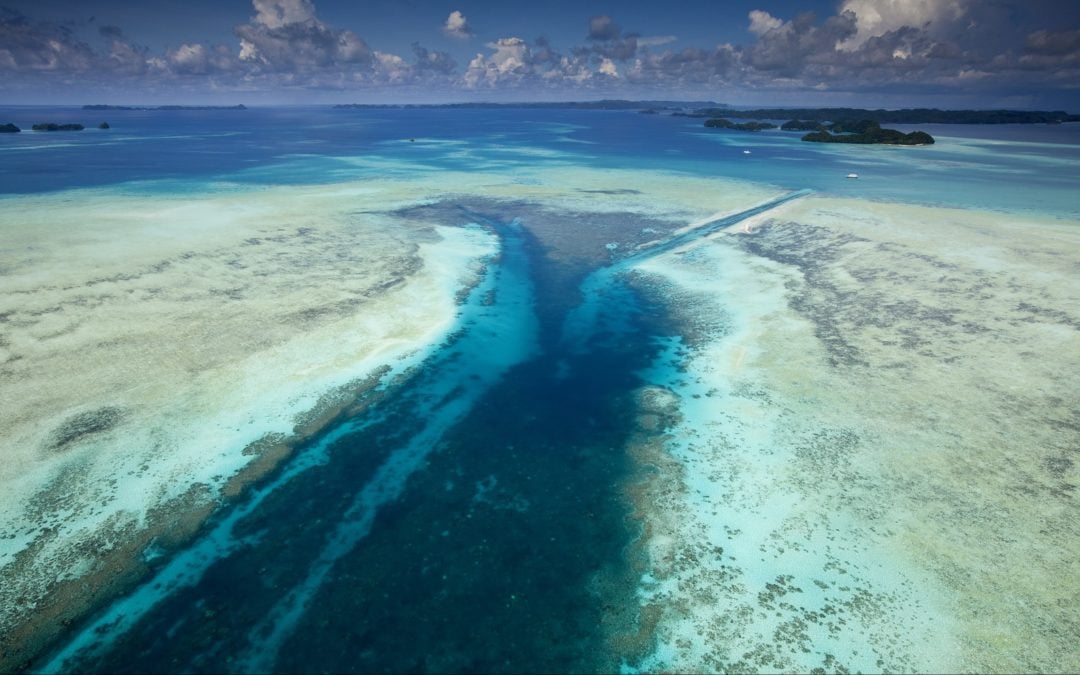House of Delegates’ standing committee’s report on its bill 11-30-2S, amending the Palau National Marine Sanctuary (PNMS) law, cited examples of economic losses resulting from the 80 percent closure of the PNMS and calls for changes to the law to reclaim the losses.
The purpose of the bill 11-30-2S is said to “stimulate economic recovery” by permitting longline and purse seine fishing activities within Palau’s PNMS.
The examples of financial losses mentioned in the House Committee report and attributed to the PNMS 80 percent closure are false causes, assumptions that do not have anything to do with PNMS closure.
The false cause fallacy is generally defined as the “link between premises and conclusion depends on some imagined causal connection that probably does not exist”.
In the House Committee Report No. 11-48, page 2 states, “President Whipps confirmed our reliance on the ocean resources as a source of revenue and for food security. Because of this reliance, the Republic’s closure of 80% of its exclusive economic zone to fishing has not been without local consequences, such as increased tuna prices in the domestic market, overexploitation of reef fish, and a reduction in national revenue.”
This statement contains several false cause fallacies such as, “closure of 80% of its EEZ to fishing …increased tuna prices in the domestic market.” This can not be attributed entirely to the PNMS because the closure coincided with the COVID-19 pandemic that caused borders to close for nearly 2 years. The high cost of fuel, inability to export and reduced local demand contributed to the increase in prices of tuna in the domestic market.
The report also said that closure led to “overexploitation of reef fish” and “reduction in national revenue”. There are no reports of “overexploitation of reef fish”. Anecdotal evidence said that there are more fish and people were catching and seeing bigger fish closer to shore. In addition, OEK passed a law banning the export of any reef fish. With border closure and no tourists, the demand for fish, even reef fish dropped drastically. Most of the local restaurants in Palau were closed and the demand for reef fish was probably the lowest Palau has seen in over 30 years.
The conclusion made by the report that the national government lost revenue due to the closure of PNMS is also false. National government revenue was reduced due to a lack of tourists and not fishing.
In 2019 for example, Palau earned about 600 thousand from fish export tax and over 8 million from fishing days fees. Palau continues to earn revenue from fishing days fees despite no fishing within 80% of Palau’s EEZ. In the same year, it earned nearly 2 million from PPEF (pristine paradise environmental fee) which is a fee created by the PNMS law and collected from travelers.
In 2020 when COVID came, Palau earned US$157,000 from fish export tax and US$7.8 million from fishing days. This is after the closure of 80 percent of the PNMS. Palau still earned over 1 million in PPEF income despite no tourists for 9 months out of the year.
In 2021, Palau didn’t earn any fish export tax but it earned 8 million from fishing days fees, again despite no fishing in 80% of Palau waters. It received over US$63,000 in PPEF income.
Income from PPEF (PNMS sustainable financing mechanism) was doubled that of the fish export tax pre-covid. Due to covid, this income source was affected but income from fishing fees was not affected and in fact, went up in 2021 over 2020.
The Committee Report also cited studies including one from Stanford Center for Oceans Solutions and the University of Hawaii at Manoa on the increase of ocean temperature due to climate change and its impact on marine life.
The Committee report concludes that climate change impact will drive away fish in Palau waters and if we don’t take the fish out now, we will lose them anyway.
“Our rigid marine resources management laws contribute to food insecurity and ultimately, our conservation efforts are likely futile as the target species move to colder water waters open to fishing.”
This goes against numerous studies that have shown that having marine protected areas not only protect important habitats but also helps to restore the productivity of the oceans and avoid further degradation.
This story was written by Leilani Reklai, originally published at Island Times on 01 April 2022, reposted via PACNEWS.




